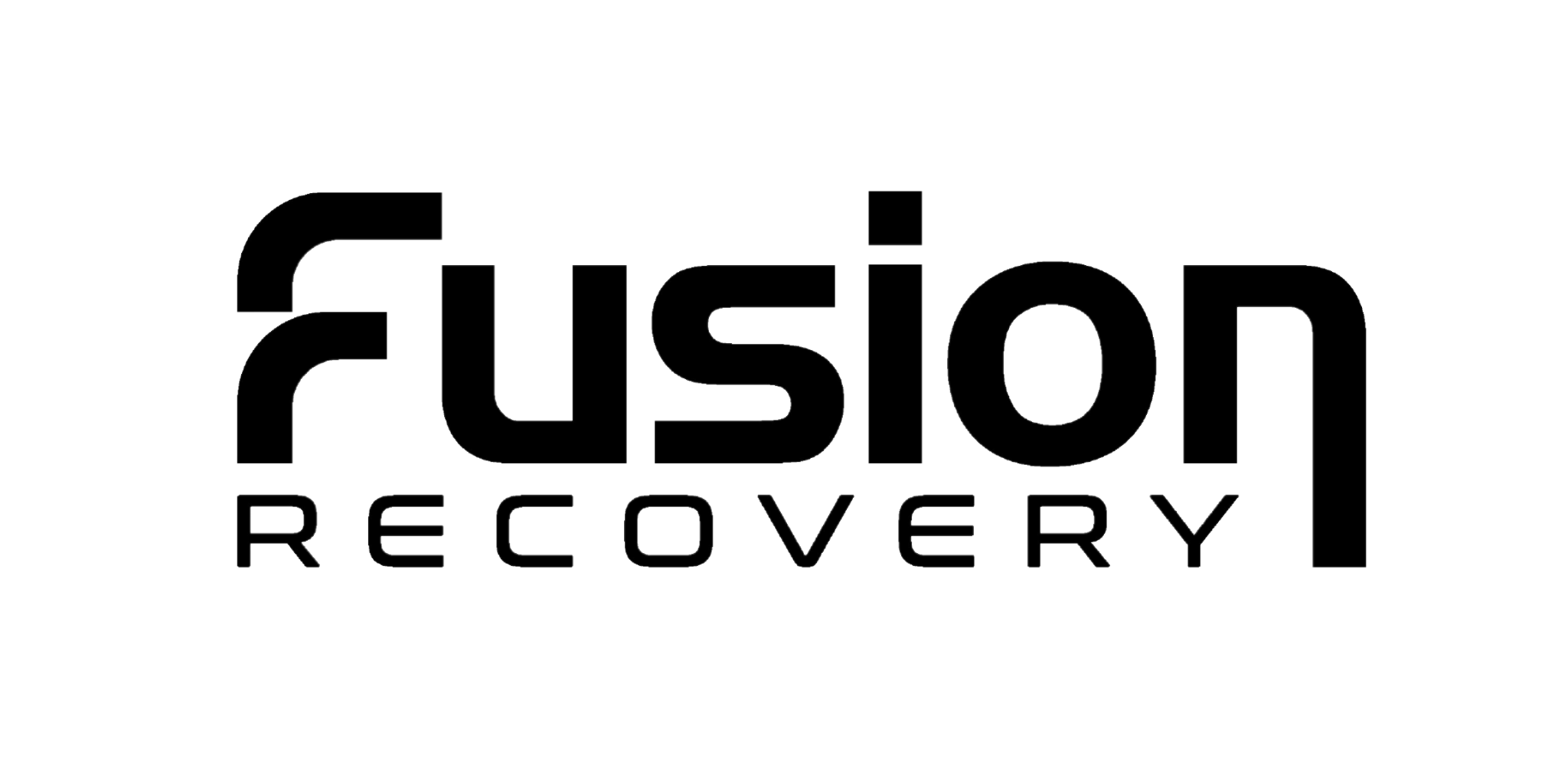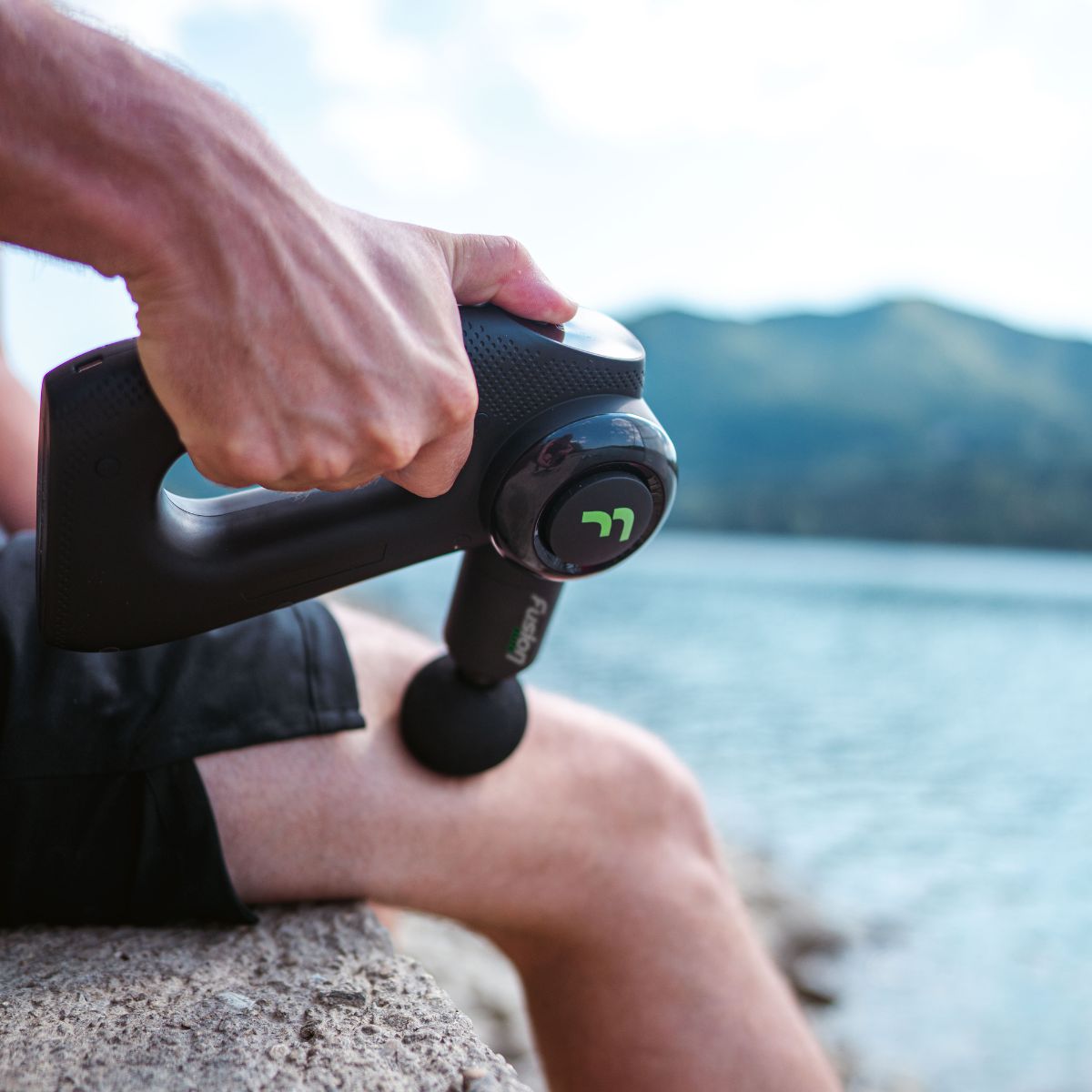Searching for the best techniques on stress recovery adaptation?
In today's fast-paced world, stress has become an inevitable part of our lives. However, managing stress and recovering from its effects are crucial for maintaining our well-being and overall health.
Stress recovery adaptation refers to the processes and mechanisms by which the body and mind return to a state of balance after experiencing stress. This involves physiological changes, such as lowering cortisol levels and engaging the parasympathetic nervous system, as well as active and passive recovery strategies to manage and mitigate the perceived stress.
In this article, we will explore 7 practical strategies that can help you effectively manage stress and enhance your stress recovery adaptation.
Key Takeaways
- Stress recovery adaptation is essential for maintaining well-being and resilience in the face of today's busy world.
- Implementing practical strategies can help manage stress and improve stress recovery.
- These strategies include positional breathing, massage therapy, aerobic exercises and more.
- Nutrition, sleep, and mind-body techniques also play a crucial role in stress recovery adaptation.
- By prioritizing self-care and incorporating these strategies into your routine, you can recover faster and improve your overall health and performance.
Best Stress Recovery Adaptation Techniques
From work pressure to personal challenges, stress takes a toll on our physical and mental health.
That's why it is essential to focus on stress recovery adaptation to ensure a faster and healthier recovery. Here are five simple ways to help you bounce back stronger.
Practice positional breathing

To counteract the negative effects of stress and improve recovery capacity, you can incorporate the technique of positional breathing into their routine.
Positional breathing is a powerful strategy that helps reduce rigidity and promotes adaptability. By consciously controlling their breath and focusing on exhalations, you can activate your body's relaxation response, leading to enhanced stress recovery adaptation.
This technique encourages the body to shift from a sympathetic (fight-or-flight) state to a parasympathetic (rest-and-digest) state, allowing for optimal recovery.
- Find a quiet and comfortable space to practice positional breathing.
- Lie down in a supine position, with your back flat on the ground.
- Place one hand on your chest and the other on your abdomen.
- Take a deep breath in through your nose, allowing your abdomen to rise and expand.
- Exhale slowly and fully through your mouth, focusing on gently contracting your abdomen.
- Continue this deep, diaphragmatic breathing pattern for several minutes, maintaining a slow and controlled pace.
As you practice positional breathing, visualize tension leaving your body with each exhale. You can as well imagine your stress and fatigue dissipating, and a sense of calmness and rejuvenation taking its place.
Practice mind-body techniques
Mind-body techniques can be powerful tools when it comes to managing stress and enhancing stress recovery adaptation.
If you're new to them, here are some practical recommendations to get started:
Yoga
Find a yoga class or online tutorial that suits your skill level.
Practice poses that promote relaxation and stress relief, such as child's pose, corpse pose, and gentle forward bends.
Meditation
Set aside a few minutes each day to practice meditation.
Find a quiet and comfortable space, focus on your breath or a calming mantra, and allow your thoughts to come and go without judgment.
Remember to be patient with yourself as you explore these techniques. It may take time to find what works best for you and to experience the full benefits.
Get a massage

Massage therapy has long been recognized as an effective way to relax and reduce stress.
The gentle touch and various techniques used in massage can help release tension in our muscles and promote overall relaxation. But it doesn't stop there. Massage therapy goes beyond relaxation and plays a crucial role in stress recovery adaptation.
When we experience stress, our bodies go into a fight-or-flight response, activating the sympathetic nervous system. This response is crucial in handling acute stress, but when stress becomes chronic, it can take a toll on our bodies.
Massage therapy helps activate the parasympathetic nervous system, promoting a restful state and allowing our bodies to recover from the effects of chronic stress.
While there are various massage techniques available, one innovative method that has gained popularity is massage gun therapy.
This powerful recovery tool not only provides instant relief from muscle tension but also aids in stress recovery adaptation. Also known as percussion massagers, top massage guns like the Fusion Elite work by delivering rapid and focused pulses of pressure deep into the muscle tissue.
This targeted stimulation helps to relieve muscle soreness and tightness, promoting relaxation and releasing tension.
Get some rest
When it comes to adaptation for stress and recovering faster, incorporating constructive rest techniques into your routine can play a key role in improving your overall well-being.
Constructive rest is a practice that involves intentionally resting and rejuvenating the mind and body, allowing for stress recovery adaptation to take place.
Here are a few ways to get started:
Set aside dedicated time
Designate specific times throughout your day or week for constructive rest.
Whether it's a 10-minute break during work or a longer session at home, commit to making this practice a priority.
Create a peaceful environment
Find a quiet and comfortable space where you can fully relax and unwind.
Dim the lights, play calming music, or use essential oils to create a serene atmosphere.
Practice mindfulness
During your constructive rest sessions, engage in mindfulness techniques such as meditation, deep breathing exercises, or body scans.
Focus on the present moment and let go of any thoughts or worries.
Experiment with different techniques
Explore various constructive rest techniques to find what works best for you.
This could include guided meditations, progressive muscle relaxation, or visualization exercises.
Consistency is key
Like any habit, the benefits of constructive rest will be maximized with regular practice.
Aim to incorporate this technique into your routine consistently to experience long-term stress recovery adaptation.
By practicing mindfulness and meditation into your constructive rest sessions, you can enhance the effectiveness of this technique and reap even greater benefits.
Eat healthy

The food you consume plays a crucial role in providing the necessary nutrients for your body to recover from stress and optimize its response.
When it comes to nutrition and stress recovery adaptation, there are several key factors to consider.
Firstly, maintaining a balanced diet that includes a variety of nutrient-dense foods is essential. This ensures you provide your body with the necessary vitamins, minerals, and antioxidants it needs to support recovery.
Secondly, paying attention to the timing and composition of your meals can also impact stress recovery adaptation. Consuming regular meals throughout the day, including a combination of complex carbohydrates, lean proteins, and healthy fats, can help stabilize blood sugar levels and provide sustained energy.
In addition to macronutrients, specific micronutrients have been shown to play a role in stress recovery adaptation.
For example, omega-3 fatty acids, commonly found in fatty fish, walnuts, and flaxseeds, have anti-inflammatory properties that may help mitigate the effects of stress on the body.
Vitamin C, found in citrus fruits, strawberries, and broccoli, is an antioxidant that can support the immune system and aid in recovery.
Vitamin D, obtained through sunlight exposure or fortified foods, is also important for overall health, including stress recovery adaptation.
Hydrate
Hydration is another critical aspect of nutrition that can impact stress recovery adaptation.
Dehydration can increase stress on the body, impair cognitive function, and hinder recovery. It is important to drink an adequate amount of water throughout the day to ensure optimal hydration.
Try some aerobic exercises
When it comes to stress recovery adaptation, aerobic exercise plays a vital role in improving overall well-being and enhancing the body's ability to recover.
Engaging in activities such as biking, swimming, or running can have numerous benefits for managing stress and promoting recovery.
Aerobic exercise involves continuous movement that increases the heart rate and stimulates the body's energy systems. This type of exercise primarily relies on the aerobic energy system, which utilizes oxygen to produce energy.
Importance of Stress Recovery Adaptation
The process of adapting and recovering from stress is essential for maintaining overall health and resilience. Some important benefits include:
Enhances physical health
Stress recovery adaptation helps to regulate and balance body functions, preventing chronic stress from leading to serious health problems such as heart disease, diabetes, and weakened immune function.
Improves mental well-being

By effectively managing stress, individuals experience fewer symptoms of mental health issues like anxiety and depression, leading to improved overall well-being and happiness.
Promotes emotional resilience
Stress recovery adaptation strengthens emotional resilience, allowing individuals to better handle future stressors, reducing the impact of adversity on their lives.
Improves relationships
Effective stress management and recovery lead to better emotional regulation, enhancing interpersonal relationships through improved communication and reduced conflict.
Boosts productivity

Recovery from stress increases mental clarity and focus, enabling better performance at work and in personal activities, thus enhancing productivity and efficiency.
Supports long-term health
Consistently good stress management contributes to longer, healthier lives by mitigating the impact of stress on aging and preventing the development of stress-related illnesses.
Frequently Asked Questions
Still got questions on stress recovery adaptation? Here are some frequently asked questions on the topic.
What are the signs that your body is recovering well from stress?
Signs of good stress recovery include a stable mood, normal sleep patterns, good energy levels, and an overall sense of well-being.
How long does it take to recover from a major stressful event?
The recovery time can vary significantly depending on the individual, the nature of the stressor, and the effective coping mechanisms in place.
Some people might recover within days or weeks, while others might take months. Implementing effective stress management techniques, such as those discussed in the article, can help accelerate this process.
Can poor stress management impact long-term health?
Yes, poor stress management can lead to long-term health issues, including cardiovascular disease, obesity, diabetes, and mental health disorders like anxiety and depression.
Effective stress management not only helps in immediate recovery but also reduces the risk of chronic health problems.
Conclusion
Managing stress and enhancing stress recovery adaptation are crucial for maintaining your well-being and resilience.
By implementing the strategies discussed in this article, you can effectively manage stress and recover faster, leading to improved overall health and performance.
Remember to prioritize self-care and listen to your body's needs. Taking time for relaxation, exercise, and proper nutrition will optimize your stress recovery adaptation.
Incorporate mind-body techniques such as yoga and meditation, and practice constructive rest to rejuvenate your mind and body.
By managing stress effectively, you can enhance your stress recovery adaptation, allowing for better recovery and improved performance. Take the necessary steps to manage stress, recover faster, and achieve your goals.
Remember, your well-being depends on it.




